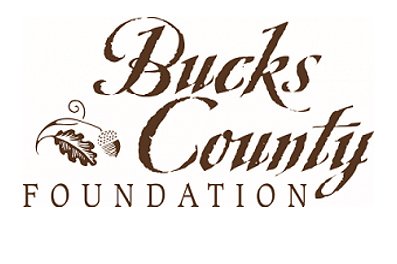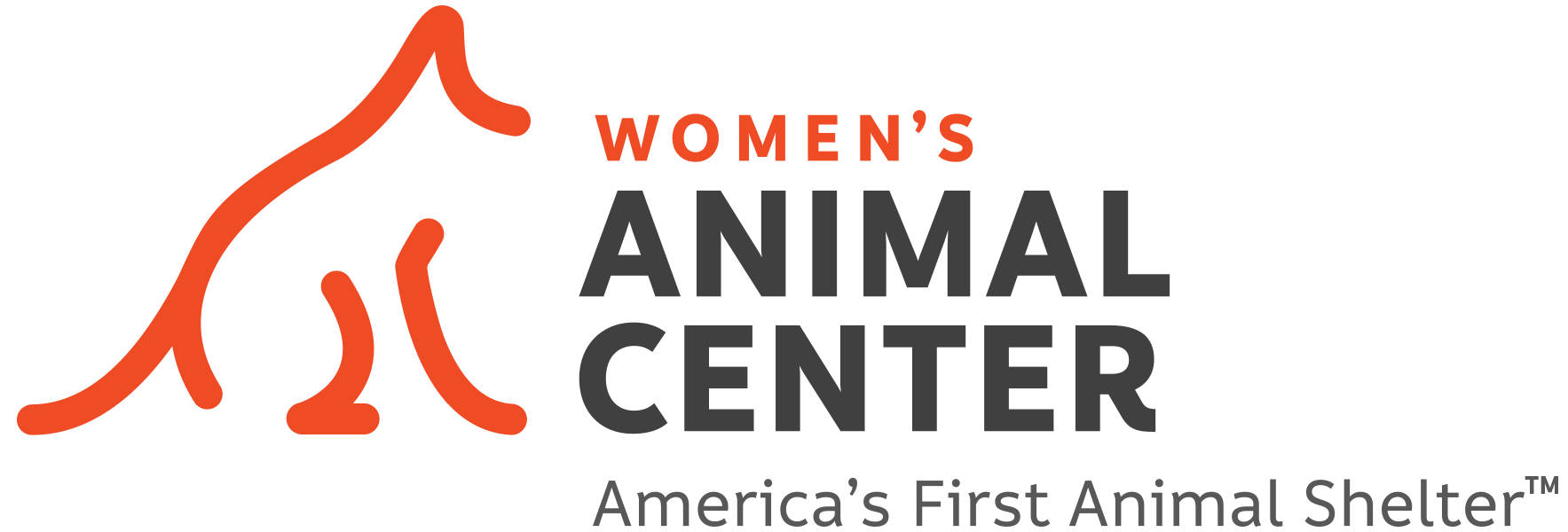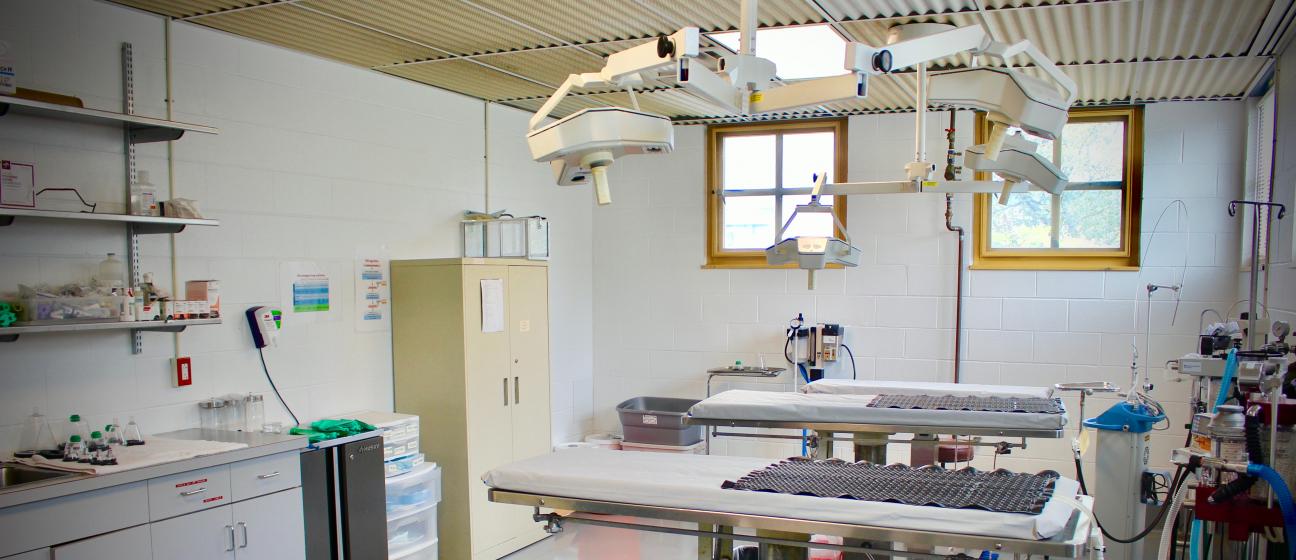Surgical Services
Women’s Animal Center Veterinary Hospital boasts a state-of-the-art operating room complete with two full surgical stations, and a skilled surgical team that enable us to perform hundreds of advanced laser surgeries onsite each year.
Laser surgery greatly decreases blood loss during procedures, as the laser seals small blood vessels as it cuts. Animals are generally in less pain after laser surgery compared to traditional surgery, and experience less swelling and fewer post-operative infections.
Prices for surgical procedures will vary depending upon the weight and gender of your pet. A consultation exam visit with one of our veterinarians, as well as an up-to-date rabies vaccination, are required before any surgical procedure can be scheduled.
Common surgical procedures performed at Women’s Animal Center include, but are not limited to:
- Spays and neuters (Dogs, Cats and Rabbits)
- Emergency pyometria spays
- Hernia repairs
- Canine dew claw removals
- Canine and feline dystocia
- Oral surgeries
- Amputations
Additional surgical capabilities include, but are not limited to:
Our surgeons at Women's Animal Center perform complicated ophthalmic and optic surgeries, including cherry eye repair; eyelid mass removals; enucleations; and aural hematoma repair.
Cystotomy surgery is commonly performed on pets for the treatment of bladder problems. Procedures include the removal of bladder stones, bladder tumors, and blood clots. Typically, an extensive workup is required to confirm if an animal is in need of a cystotomy, which may include bloodwork, abdominal radiographs, and an urinalysis.
Gastrointestinal surgery is performed at Women’s Animal Center to address issues including foreign body removal, gastric bloat, and gastropexy. Often, these cases are life-threatening emergencies, and clients may be referred to an emergency or specialty hospital.
Lateral Suture surgery is a procedure to correct a tear in the anterior cruciate ligament (ACL) in the knee joints in dogs. When the ACL tears, the stability and function of the knee joint is severely compromised, leaving the patient with limited usage of the knee, significant levels of pain and poor quality of life, depending upon the severity of the tear. The lateral suture technique stabilizes the knee joint where the ACL is torn.
Mass removal procedures at Women’s Animal Center are performed with our Aesculight laser machine, which promotes comfort for the patient and expedites the healing process. Masses can be sent out for biopsy for a confirmed benign or malignant diagnosis to help our veterinarians make informed decisions with clients regarding future management of their pet’s health.
Women's Animal Center is sincerely grateful to the Bucks County Foundation for their generous, lifesaving funding to maintain and improve our surgical suite.


